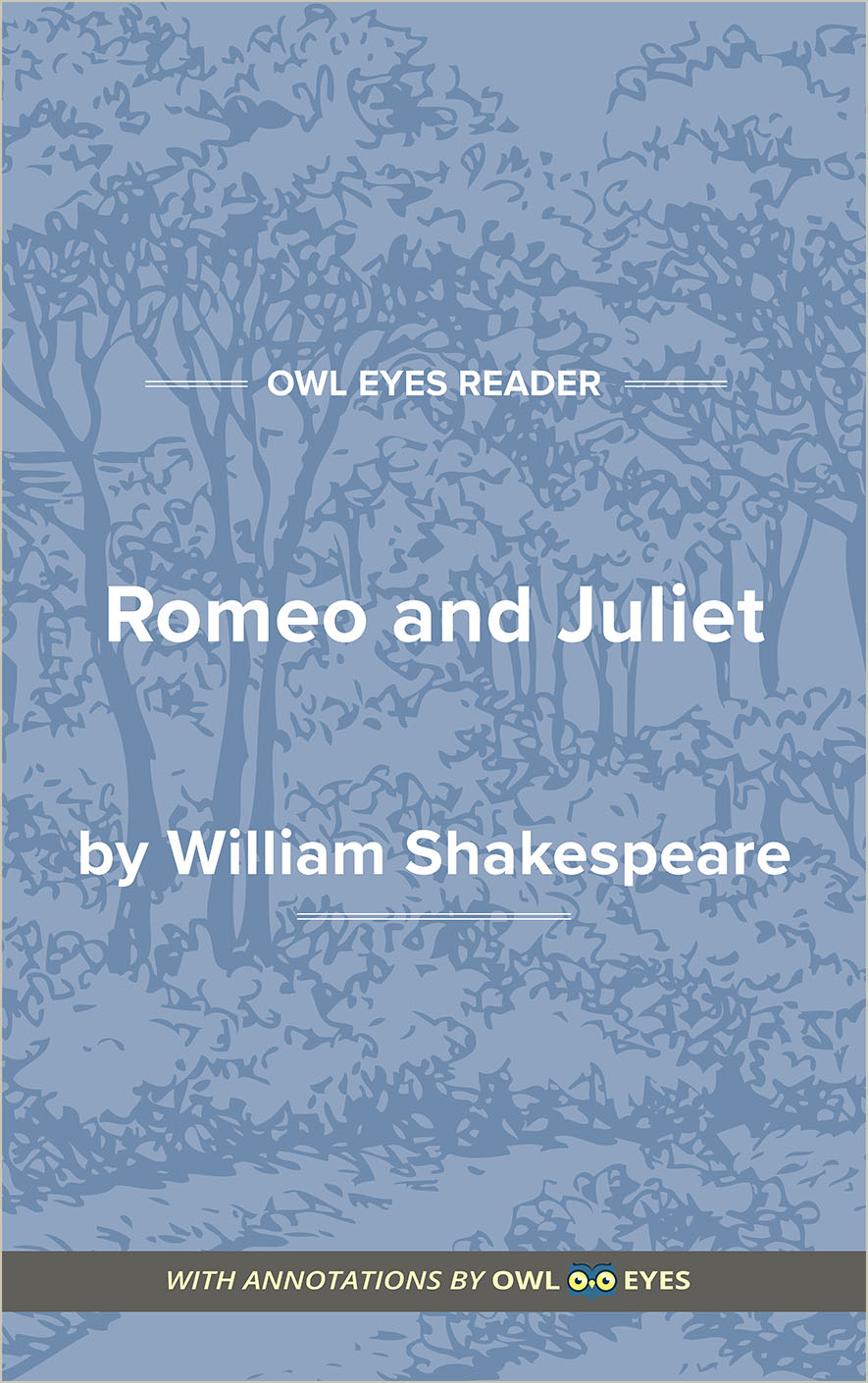Analysis Pages
Irony in Romeo and Juliet
Irony Examples in Romeo and Juliet:
Act I - Scene II
🔒"fires..." See in text (Act I - Scene II)
Act I - Scene V
🔒"I have seen the day(20) That I have worn a visor and could tell A whispering tale in a fair lady's ear, Such as would please. 'Tis gone, 'tis gone, 'tis gone! You are welcome, gentlemen! Come, musicians, play. A hall, a hall! give room! and foot it, girls. Music plays, and they dance. (25) More light, you knaves! and turn the tables up, And quench the fire, the room is grown too hot. Ah, sirrah, this unlook'd-for sport comes well. Nay, sit, nay, sit, good cousin Capulet, For you and I are past our dancing days...." See in text (Act I - Scene V)
Act II - Scene VI
🔒"It cannot countervail..." See in text (Act II - Scene VI)
Act III - Scene I
🔒" love thee better..." See in text (Act III - Scene I)
"Am I like such a fellow..." See in text (Act III - Scene I)
"we shall not scape a brawl,..." See in text (Act III - Scene I)
Act III - Scene V
🔒"married to her grave..." See in text (Act III - Scene V)
Act IV - Scene II
🔒"wondrous light..." See in text (Act IV - Scene II)
Act V - Scene III
🔒"restorative..." See in text (Act V - Scene III)
" no power yet..." See in text (Act V - Scene III)

